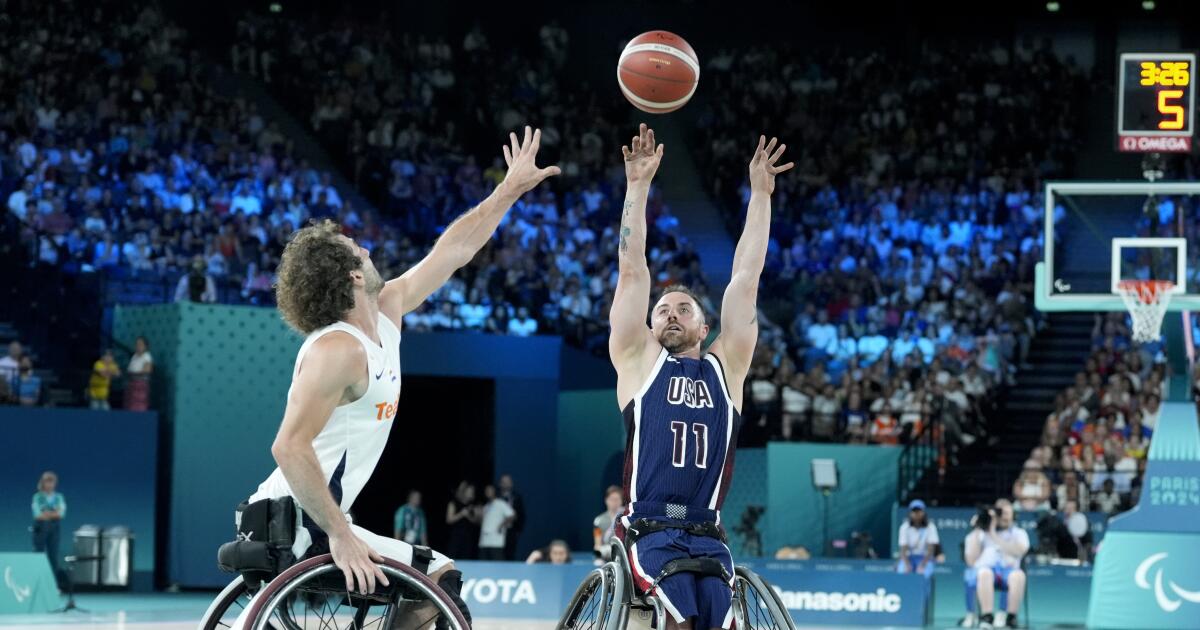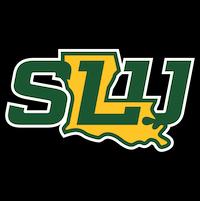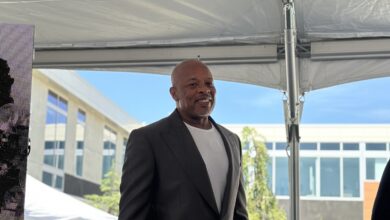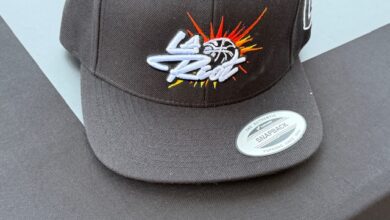Inspired by the Paralympics? A guide to L.A. area adaptive sports

For years after surgery left him paralyzed as a child, Steve Serio didn’t see much of a future in sports.
His friends played in high school, so he volunteered as manager for all the teams. Then, at 14, he heard about wheelchair basketball.
Twenty-two years later, Serio is playing in his fifth Paralympic Games, hoping to lead the U.S. men to a three-peat and add to a resume that already includes two golds, a bronze and a 2023 world championship.
“The most influential moment of my life was not the Games that we’ve won, it’s not the gold medals that we’ve won, it’s the day I found wheelchair basketball,” Serio said. “That was the day I started my impossible.”
His story is common among people with disabilities who say it was only by chance they stumbled across adaptive sports. Here is a brief guide for Southern Californians inspired to try some of the sports being played at the Paralympics in Paris.
Swimming, track and field, wheelchair basketball
Angel City Sports offers free clinics where specialized coaches introduce youth and adults to a variety of sports. Call (424) 286-4227 or visit their website.
Archery, judo, para equestrian, sitting volleyball, wheelchair tennis
The PlayLA Adaptive Youth Sports Program has a full calendar of camps and classes for ages 5 to 17. Call (310) 202-2803 or visit their website.
Blind judo, blind soccer, goalball
Wayfinder Family Services offers coaching and competition for people with visual impairments at its main campus in Los Angeles. Call (310) 850-0252 or visit their website.
Wheelchair fencing
The Burbank Parks and Recreation Department holds free sessions every Sunday for all ages. Equipment is provided. Call (818) 238-5300 or visit the department’s website.
More opportunities
There are many more options to choose from. Check with the Triumph Foundation and SoCal Adaptive Sports for information.
Paralympians such as Serio and Chuck Aoki, a veteran on the U.S. wheelchair rugby team, hope the Games in Paris will serve as inspiration.
“I meet people all the time who have no idea that they could play wheelchair rugby, wheelchair basketball, judo, whatever,” Aoki said. “Whether you are a grassroots person who plays once a week or you come out here and play at Paralympic level, it’s so good for your body, it’s so good for your mind.”




